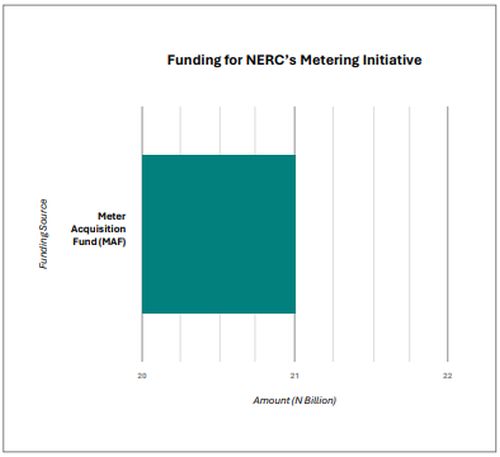EXECUTIVE SUMMARY
The second quarter of 2024 for Nigeria's energy sector demonstrated both resilience and ongoing challenges. Despite a decline in crude oil production due to infrastructure issues, policy uncertainty and security concerns, Nigeria maintained its position as Africa's largest oil producer. The country's crude output has been affected by pipeline sabotage and crude oil theft, but strategic efforts to bolster production and infrastructure security continues.
Significant strides were made in the natural gas sector, highlighted by the NNPCL and TotalEnergies' final investment decision on a major gas field, aimed at boosting both domestic supply and export capabilities. This aligns with Nigeria's strategic focus on leveraging its vast gas reserves to enhance energy security and support economic growth.
Renewable energy projects also saw progress, with increased investments in solar and wind energy. The government's initiatives to diversify the energy mix are critical for reducing dependence on fossil fuels and expanding energy access, although regulatory and financial challenges persist.
In addition, notable advancements were made towards establishing state electricity markets. Several states, including Ekiti, Enugu, Oyo, and Ondo, signed new electricity laws, leveraging the legislative powers granted by the Electricity Act, 2023. These developments are important in decentralizing the electricity market, enhancing competition, and improving power supply reliability across the country.
Overall, the second quarter of 2024 in Nigeria's energy sector was characterized by efforts to stabilize oil production, significant advancements in natural gas development, and ongoing progress in renewable energy investments. These measures are essential for enhancing the country's energy security and fostering sustainable sector growth.
This review highlights key activities and notable developments for the second quarter of 2024, offering a comprehensive overview for individuals, stakeholders and policy makers.
MARKET OVERVIEW
NOTABLE DEVELOPMENTS IN THE POWER INDUSTRY
During the second quarter of 2024, there were several notable developments in the power industry which include:
1. NERC approves N21 Billion for DisCos to meter end-user customers at zero cost
In an effort to address the widespread lack of electricity meters in Nigeria, the Nigerian Electricity Regulatory Commission (NERC) authorized N21 billion for the distribution companies (DisCos) to supply meters to end users at no cost. This initiative is part of the Presidential Metering Initiative (PMI) and utilizes a Meter Acquisition Fund (MAF). Previously, various metering options had been introduced, but they failed to significantly reduce the metering gap, which currently affects over 7 million customers.
NERC pinpointed the inability of DisCos to secure funding through loans or additional investments as a major obstacle to meter deployment. To address this, the MAF scheme was established. This scheme essentially creates a reliable revenue stream by utilizing market funds, allowing DisCos to obtain financing for meters and other essential investments.

2. TCN completes reconstruction of four vandalized towers in North-East
The Transmission Company of Nigeria (TCN) finished rebuilding four power transmission towers that vandals had damaged in Nigeria's North-East region. These towers were crucial for delivering bulk electricity to substations in the area. According to TCN's public affairs spokesperson, Ndidi Mbah, the repairs involved both rehabilitation and re-stringing the Jos-Gombe 330kV transmission line.
Initially, TCN aimed to complete the repairs by May 27th, 2024, but an unexpected setback occurred during the re-stringing process, causing one of the towers to collapse. This incident delayed the project's completion. Despite the delay, TCN successfully rebuilt all four towers, and the transmission line is now fully operational for bulk electricity transmission.
3. Ikeja Electric adds 24 new feeders to Band A under the newly revised tariff of N206/Kwh
Ikeja Electric Distribution Company (Ikeja Electric) expanded its Band A category by incorporating 24 new feeders. These feeders, previously under a different band, will now benefit from the recently increased tariff of N209.50per kilowatt-hour (kWh). This change comes after Ikeja Electric demonstrated its ability to consistently deliver a minimum of 20 hours of daily electricity supply during a performance evaluation period monitored by the Nigerian Electricity Regulatory Commission (NERC).
The qualification for Band A signifies a more reliable power supply compared to other bands. Customers on Band A feeders are promised at least 20-24 hours of daily electricity, justifying the slightly higher tariff compared to lower bands. The addition of these 24 feeders brings the total number of approved Band A feeders under Ikeja Electric to 128. This moves highlights Ikeja Electric's efforts to improve service delivery and potentially incentivize customers who experience frequent outages to switch to Band A.
To view the full article click here
The content of this article is intended to provide a general guide to the subject matter. Specialist advice should be sought about your specific circumstances.




